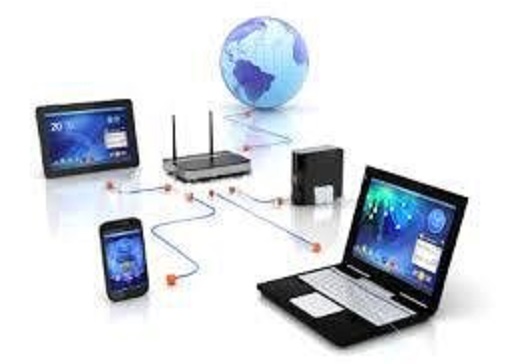The World Bank has revealed in its recently released “Digital Progress and Trends Report 2023” that 3G coverage contributed to the reduction of poverty in Nigeria by 4.3 per cent.
The report, which highlighted the impact of digital connectivity on employment and sustainable wealth generation especially in low-income and developing countries, also emphasised the need to increase internet access and bridge the digital divide across gender and between developing and developed countries.
The report said the impact of faster internet on poverty reduction was also same in Senegal, where extreme poverty was reduced by 10 per cent.
It noted that the availability of faster internet increased the pace of employment by 13.2 per cent while total employment increased by 22 per cent as a result of fast internet.
It further revealed that there was a fourfold increase in exports due to fast internet in countries.
“Across Africa, 3G coverage has been linked to a reduction in extreme poverty of 10% in Senegal and of 4.3% in Nigeria. Analytics and data-driven decision-making can boost the sales of small and medium enterprises and help them to establish a competitive advantage,” it added.
Furthermore, the report noted that digital technologies can reduce greenhouse gas (GhGs) emissions by 20 per cent across sectors such as energy, materials and mobility.
The report also stated that most countries of the world experienced robust growth in the IT sector with employment rising from 8 million at the turn of the century to 32 million in 2022, listing Nigeria, Vietnam, and China, and countries in Eastern and Central Europe among others, as the countries with the fastest employment growth.
It attributed the growth in IT employment to the bourgeoning local IT sector mainly propelled by increased VC funding since the pandemic in 2020.
Nigeria also stood out among the countries with the most time spent on business apps and with one of the most downloads globally with the global figure reaching 300 million as of May 2020.









